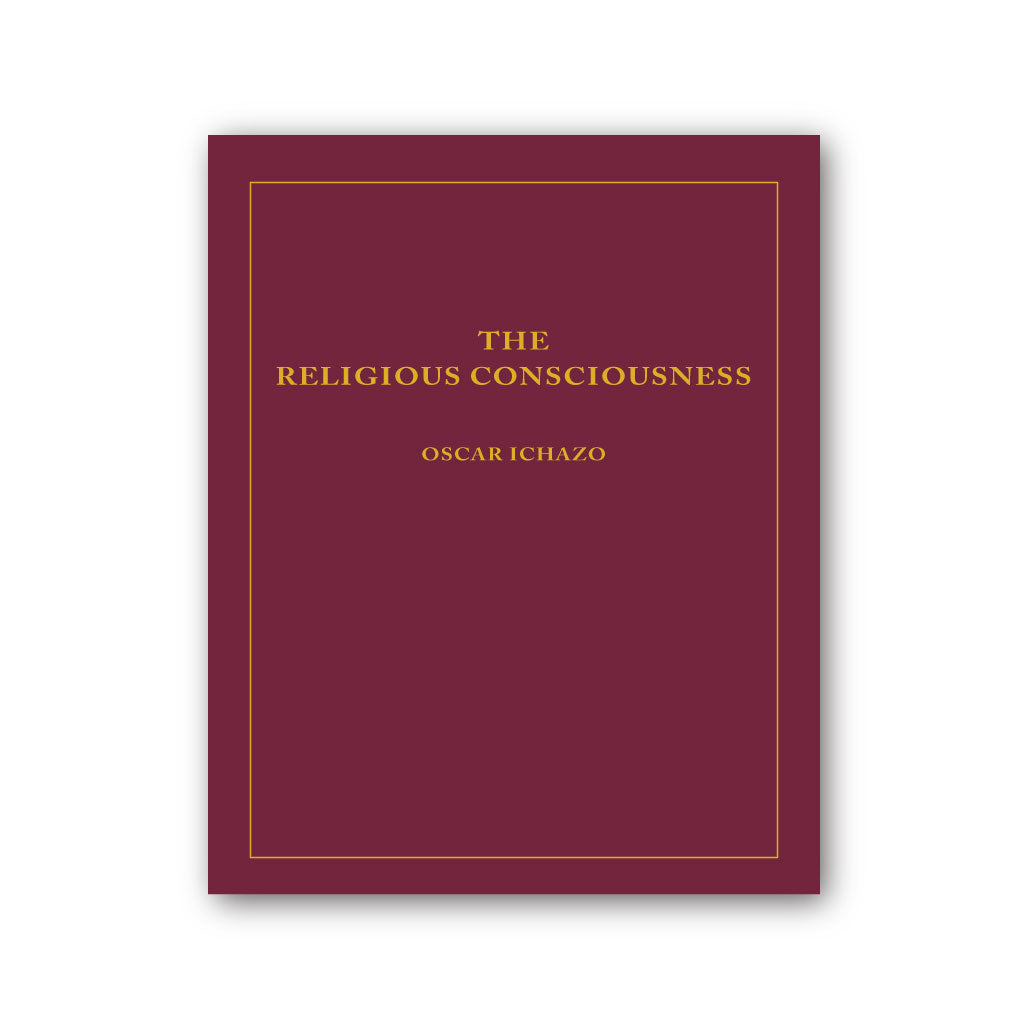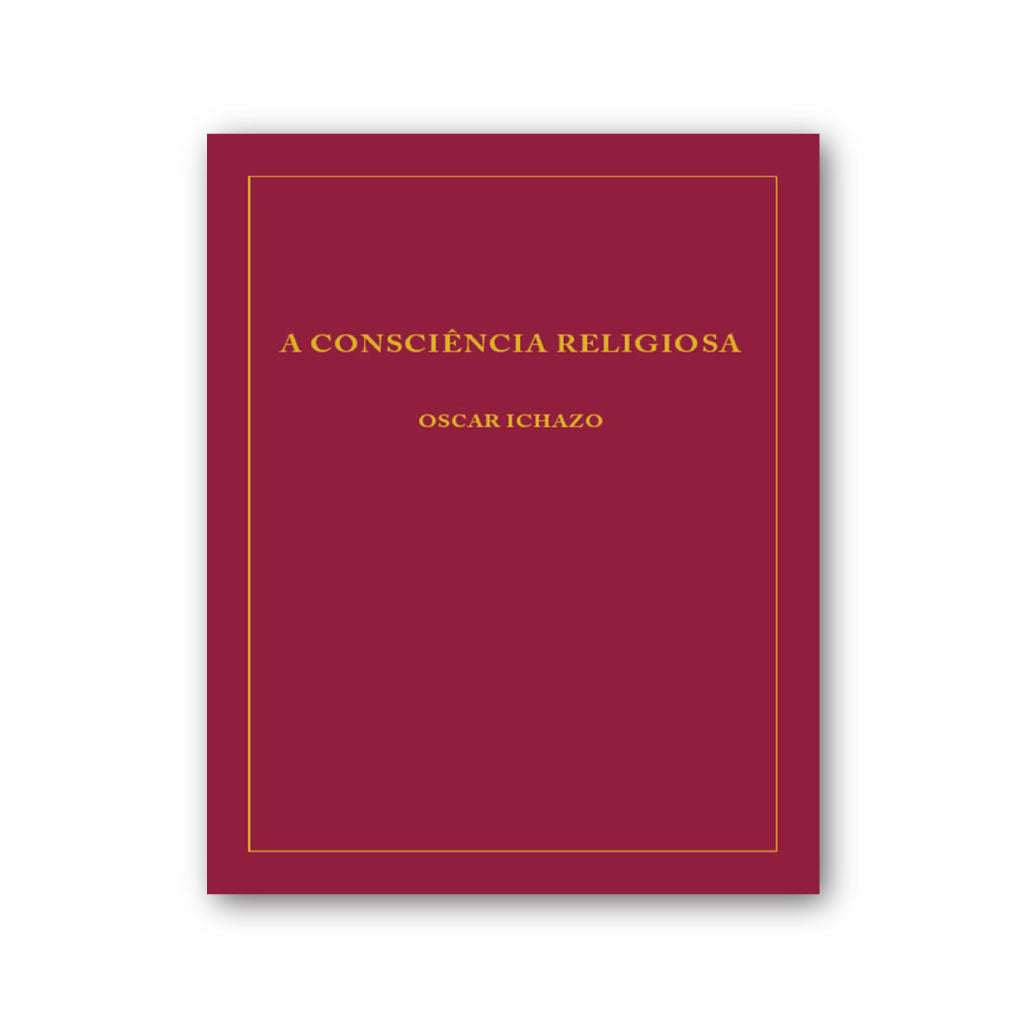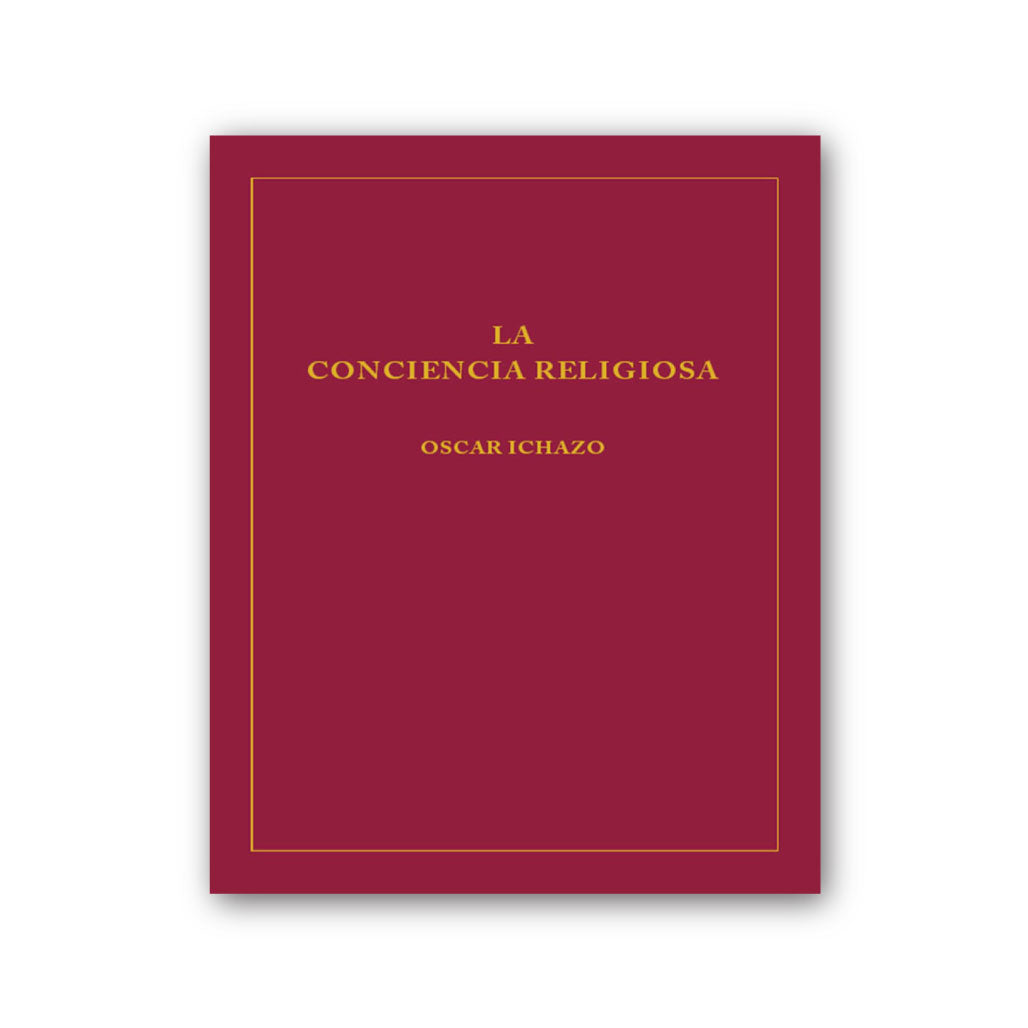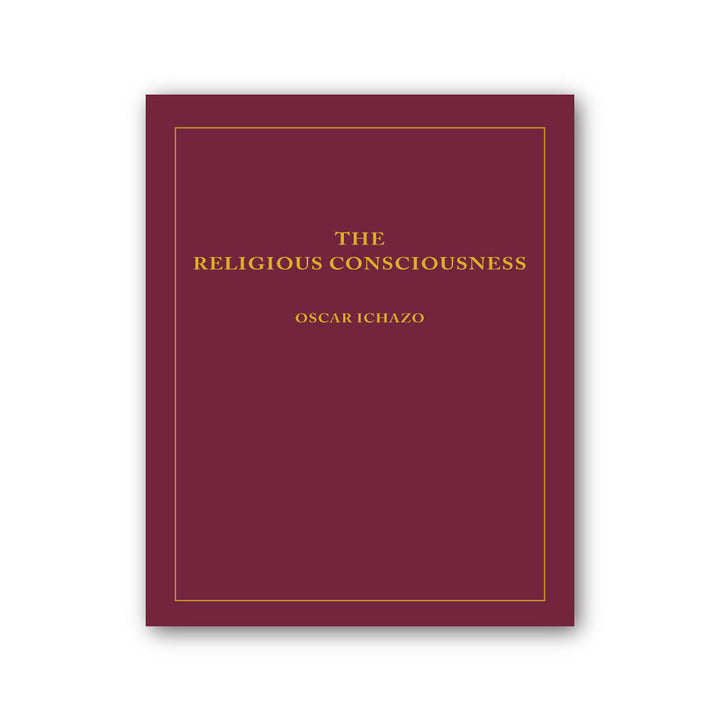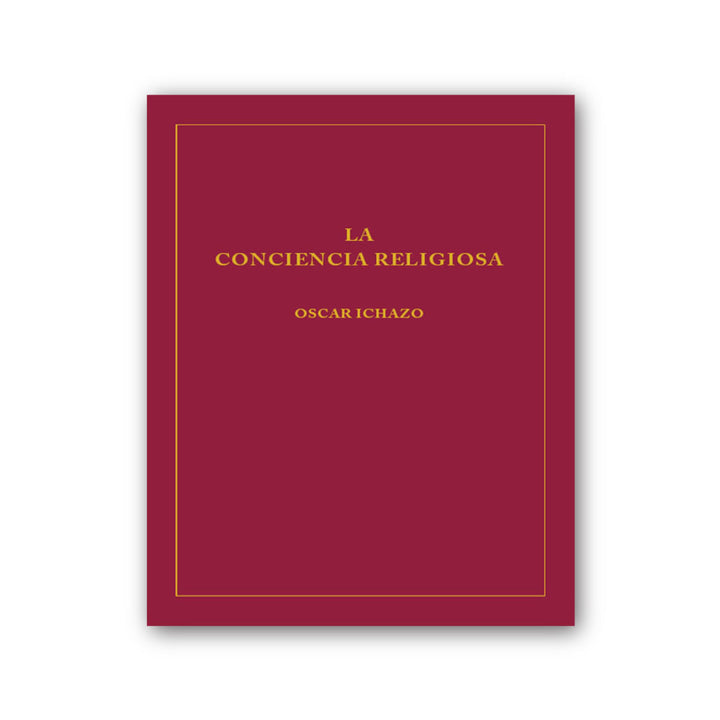The Religious Consciousness
If you're not a Member please select the Non-Member option, otherwise login or request a Membership.
eBooks available on
Kindle - English - Spanish - Portuguese
Apple Books - English - Spanish - Portuguese
The Religious Consciousness opens with “Religion is a basic fact of human culture and it appears at the very beginning of human societies.” From the beginning of the book, Oscar brings the ancient theological point of view into this fascinating narrative by disclosing how “the concept of morality became ingrained in religion.” The book digs deep into the past and shows the influence of the oldest religions and how religion progresses in different cultures up through the 20th century. The references and comparisons are fascinating and give the reader a broad understanding of the most in-depth religious and philosophical discourses, which are explained and analyzed from the point of view of enlightenment.
Oscar further explains that “Religious experiences do not appear as a concern, and the wish to placate fears is seen merely as the outcome of repression. There is much more here than simple fear or repression can explain. It has been pointed out that the nature of religion belongs to the lively apprehension of what can only be qualified as the awe–inspiring experience of the numinous.”
Oscar compares the Integral Philosophical point of view to what is considered the most advanced of Western Philosophy and with the inclusion of Integral Trialectics, Oscar insists “…that Integral Trialectics is not a dialectical description of the Proclean ‘negation of negation’ or the successive processes of thesis, antithesis and synthesis where each supersedes and negates the preceding aspect. It is, instead, a structural pattern where the three aspects coexist simultaneously and, considered as a whole, they present a result rather than a synthesis, meaning that the whole of three aspects results in the stable and complete definition of something.”
